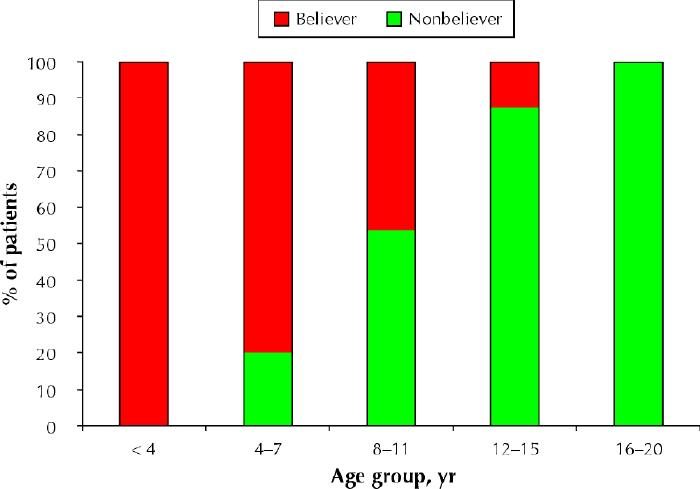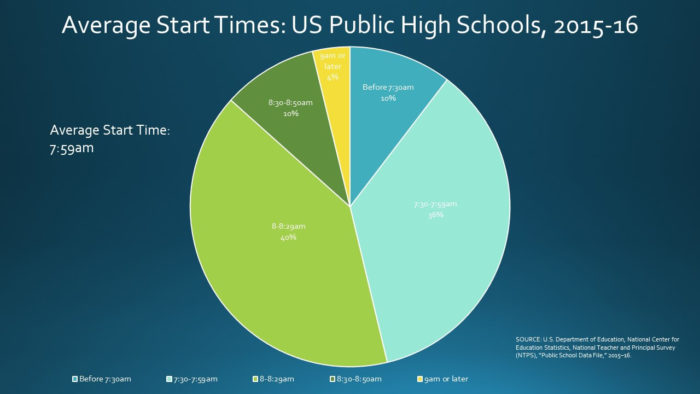Dec 21 2018
Radical Political Views Correlates with Poor Metacognition
 The usual caveats apply – this is one study in a limited context showing only correlation and using a psychological construct. I also have to be careful because the study confirms what I already believe. Having said all that, it is interesting and is probably telling us something about people with extreme political views, especially when other research is considered.
The usual caveats apply – this is one study in a limited context showing only correlation and using a psychological construct. I also have to be careful because the study confirms what I already believe. Having said all that, it is interesting and is probably telling us something about people with extreme political views, especially when other research is considered.
The study involves individuals with radical political beliefs, as measured by a standard questionnaire. It has already been established that those with more extreme beliefs espouse greater confidence in their knowledge and beliefs. However, it is not clear how much this is due to an overconfidence bias vs a failure of metacognition. In other words – do people who are overconfident about their political beliefs like to portray themselves to others as being confident, or do they simply lack insight into the correctness of their own beliefs (a metacognitive failure). The current study tests the latter factor.
The researchers, led by Steven Flemming at University College London, looked at, “two independent general population samples (n = 381 and n = 417).” He gave them a challenge in which they had to estimate the number of dots on two images, and decide which one had more. They also had to say how confident they were in their judgement. Further, if they got the answer wrong, they were given further information in the form of another image with dots which should have helped them improve their estimate. They were then asked to restate their confidence.
The study found that those with more radical political views indicated higher confidence in their choices, even when they were wrong, and less of a tendency to update their confidence with new information. In other words – you might say they are opinionated and stubborn. This comes as absolutely no surprise if you have ever interacted with someone with extreme political views.
What this study cannot tell us about is the arrow of cause and effect. One possibility is that those who lack the metacognitive ability to properly assess and correct their own confidence levels will tend to fall into more extreme views. Their confidence will allow them to more easily brush off dissenting opinions and information, more nuanced and moderate narratives, and the consensus of opinion.

 This is a continuation of my previous post, but I am not going to simply add to the list. Rather, I am going to discuss how the general phenomenon of pseudoscience has continued to evolve in 2018. There were certainly many candidates for specific pseudosciences I have not yet covered on this list – the raw water nonsense, flat-earthers, anti-GMO propaganda, more alternative medicine and free energy claims, and a continuation of all the pseudosciences from previous years.
This is a continuation of my previous post, but I am not going to simply add to the list. Rather, I am going to discuss how the general phenomenon of pseudoscience has continued to evolve in 2018. There were certainly many candidates for specific pseudosciences I have not yet covered on this list – the raw water nonsense, flat-earthers, anti-GMO propaganda, more alternative medicine and free energy claims, and a continuation of all the pseudosciences from previous years. I don’t usually do lists, but I do find it interesting to look back over the past year and review major events and trends. It’s good for the memory, and the exercise always reminds me of how terrible memory is. I often realize that I forgot about major events, and also have a poor sense of how far in the past certain events occurred. (Was that this year or last year?)
I don’t usually do lists, but I do find it interesting to look back over the past year and review major events and trends. It’s good for the memory, and the exercise always reminds me of how terrible memory is. I often realize that I forgot about major events, and also have a poor sense of how far in the past certain events occurred. (Was that this year or last year?) How old were you, if you ever believed in Santa, when you figured out he was not real? Is belief in Santa benign, beneficial, cruel, or ultimately harmful to the trust children place in adults? Many people have strong opinions about this, but we have little actual data.
How old were you, if you ever believed in Santa, when you figured out he was not real? Is belief in Santa benign, beneficial, cruel, or ultimately harmful to the trust children place in adults? Many people have strong opinions about this, but we have little actual data.  I know I have been
I know I have been  Living in a complex society means that some decisions are made for us. In a representative democracy, this means our elected officials, at every level, can have incredible power over our lives. The social contract, however, is that these elected officials should know what they are doing, act in the public interest, listen to their constituents, and engage in due diligence based on valid evidence-based processes. Well, that’s the ideal, and it’s pretty clear that we generally fall far short.
Living in a complex society means that some decisions are made for us. In a representative democracy, this means our elected officials, at every level, can have incredible power over our lives. The social contract, however, is that these elected officials should know what they are doing, act in the public interest, listen to their constituents, and engage in due diligence based on valid evidence-based processes. Well, that’s the ideal, and it’s pretty clear that we generally fall far short. There has been a very interesting debate going on in neuroscience over the impact of so-called “brain training” activities and cognitive ability and decline. No one study, of course, is ever going to be the final word on this debate, but
There has been a very interesting debate going on in neuroscience over the impact of so-called “brain training” activities and cognitive ability and decline. No one study, of course, is ever going to be the final word on this debate, but  Should you regularly see a physician for preventive medicine and to screen to potential health problems? Of course, and this has been consistent messaging to the public for decades. However, specific decisions about whether or not to perform a specific screening test can be complicated, and this muddies the messaging.
Should you regularly see a physician for preventive medicine and to screen to potential health problems? Of course, and this has been consistent messaging to the public for decades. However, specific decisions about whether or not to perform a specific screening test can be complicated, and this muddies the messaging. Most Star Wars fans know that the name of the iconic TIE fighters is an acronym standing for “Twin ion engines.” Most space fans know that ion engines are real, but are nothing like what we see in the movies.
Most Star Wars fans know that the name of the iconic TIE fighters is an acronym standing for “Twin ion engines.” Most space fans know that ion engines are real, but are nothing like what we see in the movies. The skeptical movement has always struggled with some unavoidable ironies. We are like a group for people who don’t like to join groups. We actively tell our audience not to trust us (don’t trust any single source – verify with logic and evidence). Our belief is that you really should not have beliefs, only tentative conclusions. Essentially, our ideology is anti-ideology.
The skeptical movement has always struggled with some unavoidable ironies. We are like a group for people who don’t like to join groups. We actively tell our audience not to trust us (don’t trust any single source – verify with logic and evidence). Our belief is that you really should not have beliefs, only tentative conclusions. Essentially, our ideology is anti-ideology.




